Advancing Global Compassion on World Humanitarian Day
World Humanitarian Day (WHD), observed annually on August 19th, is a day dedicated to honouring humanitarian efforts globally and promoting the safety and security of aid workers. This day serves as a reminder of the critical need for humanitarian assistance and recognizes the sacrifices made by those who deliver aid under often perilous conditions. The history of World Humanitarian Day is deeply intertwined with the realities of modern conflicts and natural disasters, reflecting the evolving landscape of global humanitarian needs.
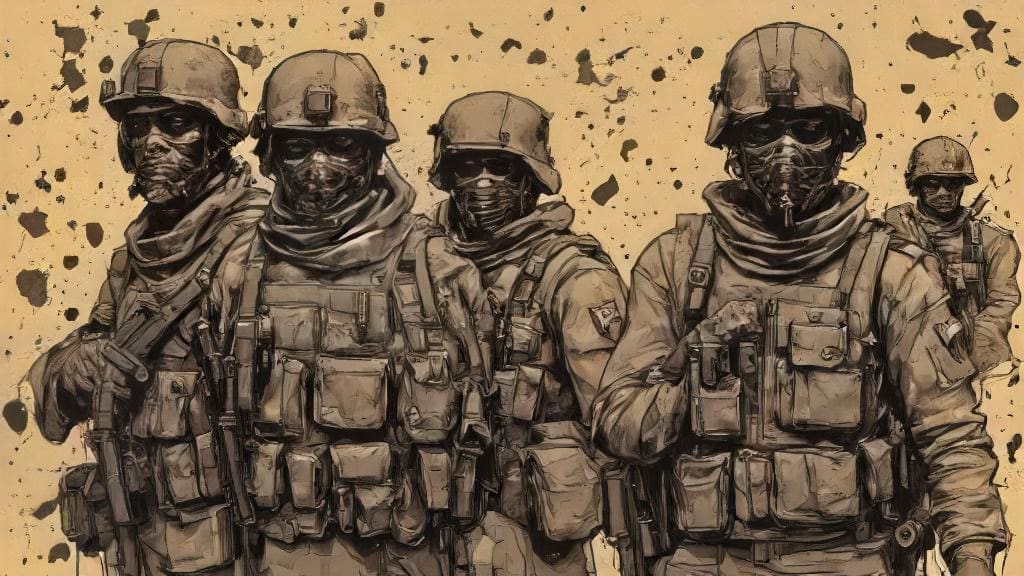
All of our content is free to access. An independent magazine nonetheless requires investment, so if you take value from this article or any others, please consider sharing, subscribing to our mailing list or donating if you can. Your support is always gratefully received and will never be forgotten. To buy us a metaphorical coffee or two, please click this link.
Table of Contents
The Origins of World Humanitarian Day
World Humanitarian Day was established by the United Nations General Assembly in 2008 to commemorate the anniversary of the 2003 bombing of the United Nations headquarters in Baghdad, Iraq. On August 19, 2003, a truck bomb exploded outside the Canal Hotel, which was being used as the UN’s headquarters. The attack claimed the lives of 22 people, including Sergio Vieira de Mello, the UN’s High Commissioner for Human Rights and the UN Special Representative in Iraq. This tragic event marked a significant moment in the history of humanitarian work, highlighting the extreme dangers faced by those who provide assistance in conflict zones.
The establishment of World Humanitarian Day was not just a response to this specific event but also a recognition of the broader risks associated with humanitarian work. The UN General Assembly’s resolution to create WHD was a call to action for the international community to recognize the importance of humanitarian efforts and to honour those who have lost their lives in the line of duty. The resolution emphasized the need for a stronger commitment to humanitarian principles and underscored the critical role of international cooperation in addressing the challenges faced by vulnerable populations around the world.

The Evolution of World Humanitarian Day
Since its inception, World Humanitarian Day has evolved in scope and significance. Each year, the day is marked by a specific theme, aimed at raising awareness about different aspects of humanitarian work and the challenges faced by those on the front lines. These themes are not only a reflection of current global issues but also a means of galvanizing international support and solidarity.
In 2010, for instance, the theme was “We are Humanitarian Workers,” focusing on the people who risk their lives to help others in need. This theme was a direct response to the increasing number of attacks on aid workers in conflict zones. It sought to humanize those who often work behind the scenes and highlight their dedication, resilience, and the sacrifices they make. This was particularly poignant given the rising number of targeted attacks on humanitarian workers in places like Afghanistan, Somalia, and Sudan.
Another notable year was 2016, when the theme was “One Humanity.” This campaign aimed to bring the global community together in a show of solidarity with the millions of people affected by conflict and disaster. The focus was on the shared values of empathy and compassion that transcend borders, cultures, and religions. The “One Humanity” campaign was launched in conjunction with the World Humanitarian Summit, held in Istanbul, which brought together governments, humanitarian organizations, and other stakeholders to commit to a new agenda for global humanitarian action.
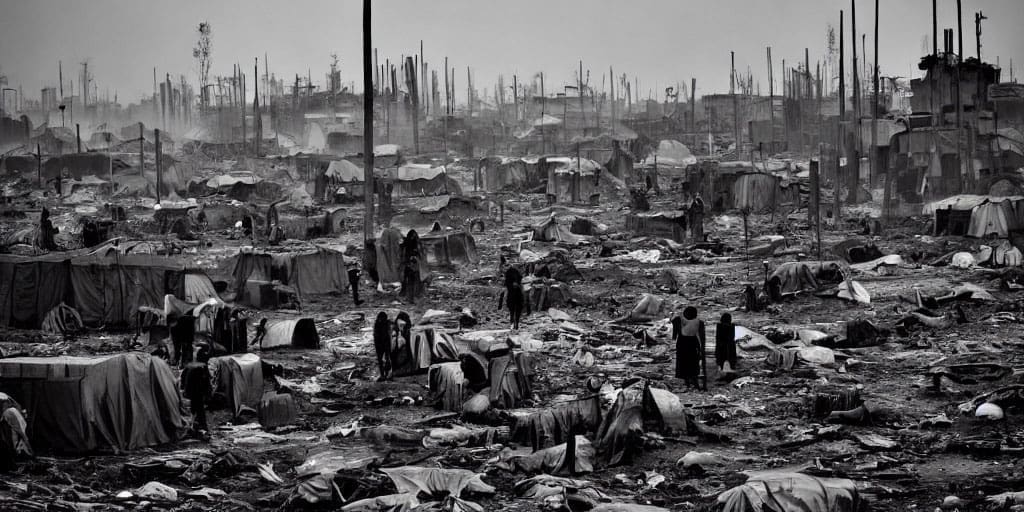
Tangible Results and Impact
World Humanitarian Day has had a profound impact on raising global awareness about humanitarian issues and has driven tangible results in terms of policy changes, funding, and international cooperation. One of the key achievements of WHD has been its role in advocating for the protection of humanitarian workers. Through campaigns and advocacy efforts, WHD has contributed to greater international recognition of the need to safeguard those who deliver aid in dangerous environments.
In 2019, the theme “Women Humanitarians” highlighted the role of women in the field of humanitarian work. This campaign not only celebrated the contributions of women but also brought attention to the unique challenges they face in the field, including gender-based violence and discrimination. The campaign successfully pushed for greater gender equality in humanitarian efforts and led to increased funding for programs that specifically address the needs of women and girls in crisis situations.
WHD has also played a crucial role in driving policy changes at the international level. For example, the 2013 theme, “The World Needs More,” was a global campaign that sought to mobilize resources for humanitarian action. The campaign involved partnerships with governments, corporations, and individuals, and successfully raised millions of dollars for humanitarian aid. This campaign underscored the importance of collective action in addressing global challenges and demonstrated the power of public engagement in humanitarian efforts.
*All Book Images Open a New tab to our Bookshop
**If you buy books linked to our site, we get 10% commission from Bookshop.org, whose fees support independent bookshops.
Real Stories from the Field – Dr. Joanne Liu
The impact of World Humanitarian Day is best illustrated through the stories of those who have been directly affected by humanitarian efforts. One such story is that of Dr. Joanne Liu, a paediatrician and the former International President of Médecins Sans Frontières (Doctors Without Borders). Dr. Liu has been at the forefront of humanitarian crises, including the Ebola outbreak in West Africa and the conflict in Syria. Her work has saved countless lives, and her advocacy has brought global attention to the plight of people in need. On World Humanitarian Day, Dr. Liu’s story serves as a powerful reminder of the dedication and courage of those who work in the field.
Khaled Omar Harrah
Another poignant story is that of Khaled Omar Harrah, a Syrian volunteer with the White Helmets, a civil defence organization that operates in opposition-controlled Syria. Harrah became internationally known as “the hero of Aleppo” after he rescued a 10-day-old baby from the rubble of a bombed building. Harrah’s bravery and selflessness epitomize the spirit of humanitarian work, where ordinary individuals perform extraordinary acts of courage in the face of unimaginable danger. Tragically, Harrah was killed in an airstrike in 2016, but his legacy lives on, inspiring others to continue the work of saving lives amidst the chaos of war.
Sister Maria Teresa
In South Sudan, Sister Maria Teresa, a Catholic nun, has dedicated her life to helping children affected by conflict. Working in a region plagued by violence and poverty, Sister Maria Teresa has established schools and orphanages, providing not only education but also a sense of hope and stability for children who have lost everything. Her story is a testament to the impact that one person can have in transforming the lives of those in need.
These stories, and many others like them, are a testament to the human capacity for compassion and resilience. They remind us of the individuals behind the statistics and the real lives that are touched by humanitarian efforts.
Challenges and the Future of World Humanitarian Day
While World Humanitarian Day has achieved significant successes, it also faces ongoing challenges. The global humanitarian landscape is becoming increasingly complex, with conflicts becoming more protracted and natural disasters more frequent and severe due to climate change. The COVID-19 pandemic has further complicated the delivery of humanitarian aid, exposing the vulnerabilities of global health systems and exacerbating existing inequalities.
One of the major challenges is the safety and security of humanitarian workers. Despite international laws designed to protect them, aid workers continue to be targeted in conflict zones. The number of attacks on humanitarian workers has been rising, with 2020 seeing one of the highest numbers of recorded incidents. This alarming trend underscores the need for stronger measures to ensure the protection of those who put their lives on the line to help others.
Funding is another significant challenge. While World Humanitarian Day has succeeded in raising awareness and mobilizing resources, the gap between humanitarian needs and available funding continues to grow. The global humanitarian response plan for 2021, for example, required over $35 billion, but less than half of that amount was funded by the end of the year. This shortfall in funding has severe consequences for millions of people who rely on humanitarian assistance for their survival.
Advances in Data Collection, Communication and Logistics
Looking to the future, the role of technology in humanitarian work is likely to become increasingly important. Advances in data collection, communication, and logistics have the potential to transform how humanitarian aid is delivered. For instance, the use of drones for delivering medical supplies in remote areas, or the use of blockchain technology to ensure transparency and efficiency in aid distribution, are examples of how innovation can enhance humanitarian efforts. However, the integration of technology also raises ethical and practical challenges, such as ensuring equitable access and protecting the privacy of those receiving aid.
Another critical area for the future is the need for more localized humanitarian responses. The importance of empowering local communities and organizations to take the lead in disaster response and recovery is being increasingly recognized. This approach not only builds local capacity but also ensures that humanitarian efforts are more culturally sensitive and sustainable in the long term.
Crucial Role in Raising Awareness
World Humanitarian Day stands as a powerful reminder of the importance of humanitarian work and the sacrifices made by those who dedicate their lives to helping others. From its origins in the aftermath of the 2003 bombing in Baghdad to its evolution into a global day of recognition and advocacy, WHD has played a crucial role in raising awareness about humanitarian issues and driving positive change. Through its annual themes and campaigns, WHD has highlighted critical issues, mobilized resources, and honoured the heroes of humanitarian work.
The stories of individuals like Dr. Joanne Liu, Khaled Omar Harrah, and Sister Maria Teresa illustrate the profound impact that humanitarian efforts can have on the lives of those in need. Their bravery, compassion, and commitment to helping others serve as an inspiration to all.
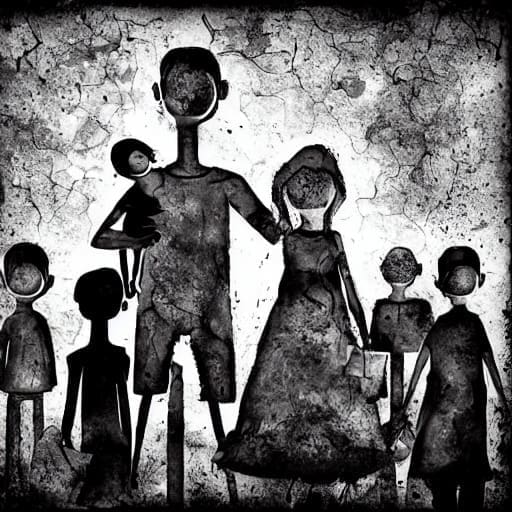
Providing a Strong Foundation for Addressing Challenges.
As we look to the future, the challenges facing the humanitarian sector are immense. The safety of aid workers, the growing funding gap, and the need for more localized and technologically advanced responses are pressing issues that require urgent attention. However, the spirit of World Humanitarian Day—rooted in the principles of humanity, impartiality, neutrality, and independence—provides a strong foundation for addressing these challenges.
In a world where conflict, disaster, and inequality continue to affect millions of people, the importance of humanitarian work cannot be overstated. World Humanitarian Day not only honours those who have made the ultimate sacrifice but also serves as a call to action for all of us to support and uphold the values that underpin humanitarianism. Through collective action and a commitment to these principles, we can continue to make a difference in the lives of those who need it most.



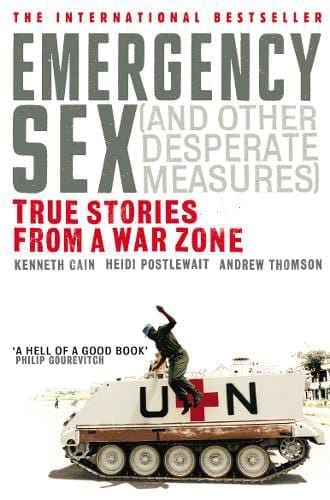
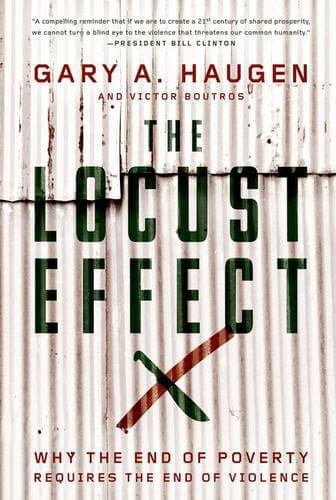
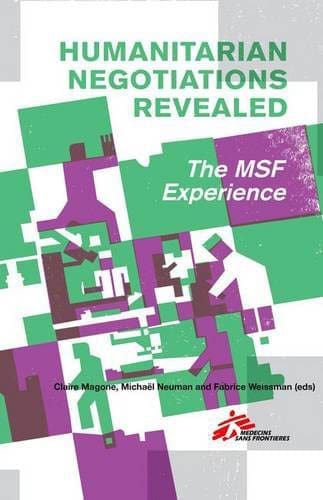





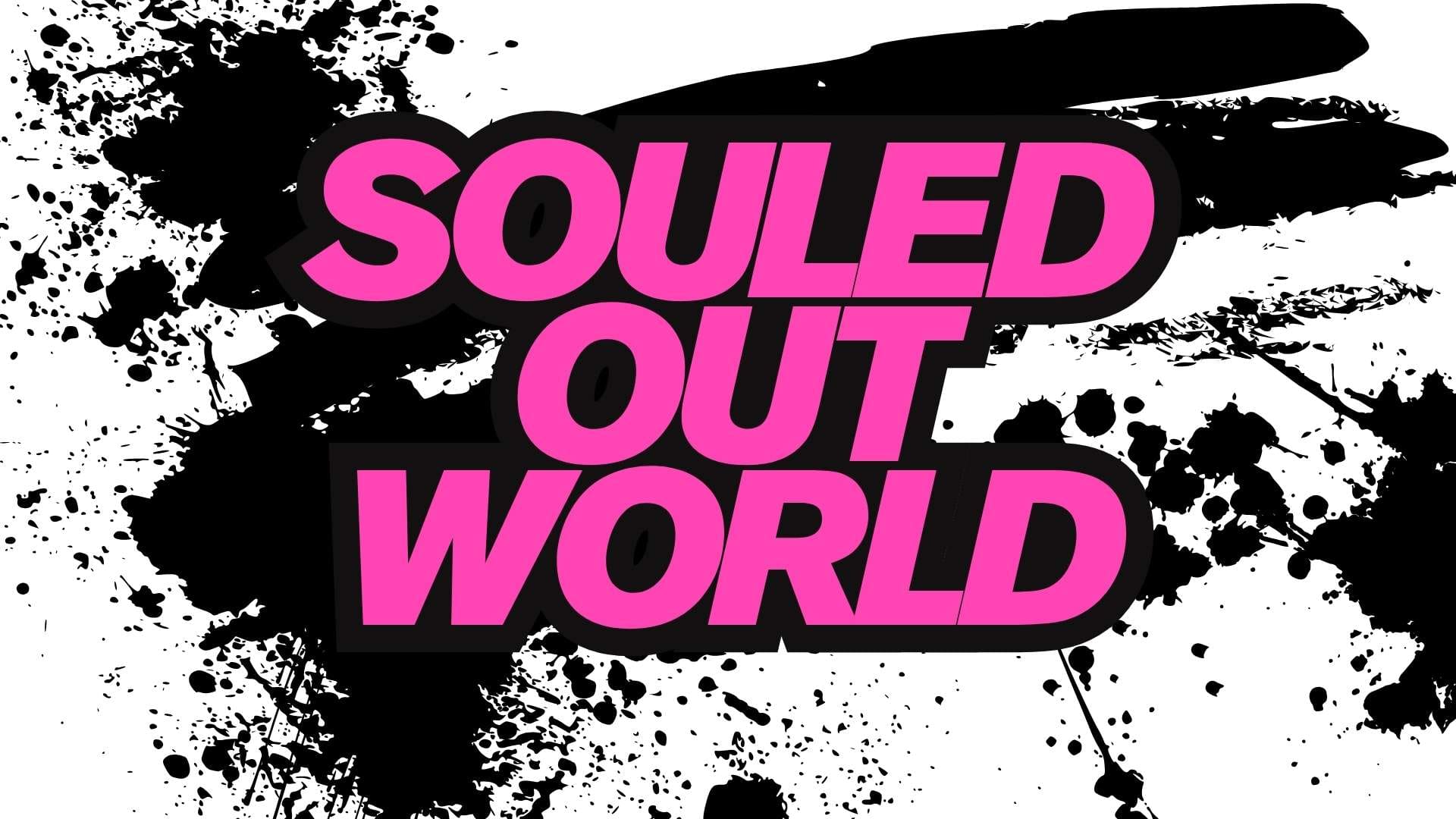



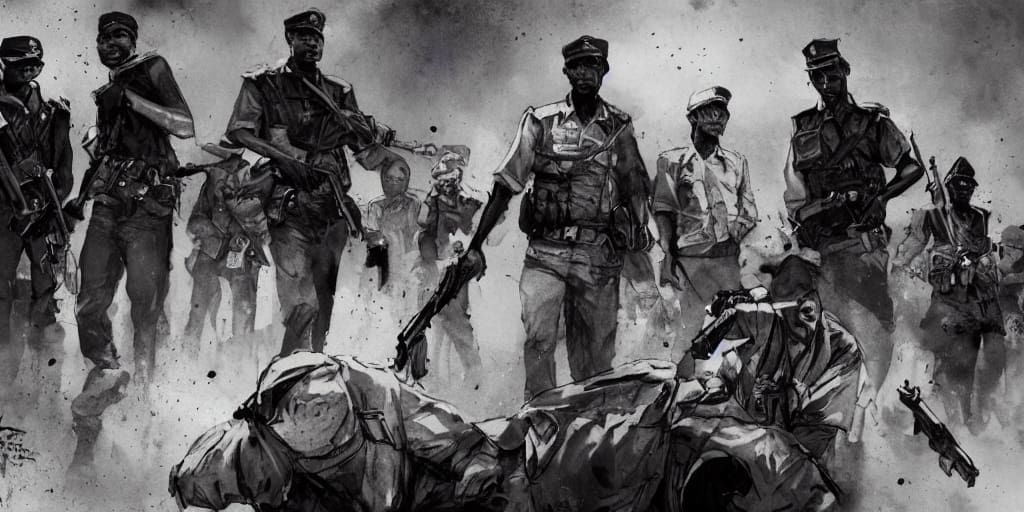




































What do you think?